Meeting Needs
Action in Africa offers scholarships to special needs kids and other services to help access education and alleviate their condition
Earlier this year, we introduced you to Sylvia, a child with special needs who is supported by Action in Africa. Sylvia is in Primary Five now. Primary education is the foundational education in Uganda, it is where young children learn how to read and write. It is not always accessible for special needs children because at that age they can barely take care of themselves and have not yet fully grasped how to handle their conditions. Besides financing, there aren't a lot of inclusive schools. Action in Africa offers scholarships to special needs kids and other services to help access education and alleviate their condition. For example, as you read, Sylvia received extra sign language classes to keep up with her peers during the COVID-19 pandemic.
Shakir Ssebaggala (13 years)
For the last five years, Shakir Ssebaggala (13 years) and Rahuma Nansubuga (11 years) have been receiving physiotherapy sessions at the Action in Africa Center. Shakir is in Primary Three and was born with a condition called Cerebral Palsy, a condition that made it difficult for him to stand, write, and walk. Rahma, on the other hand, is in Primary Five. She fell when she was three years old and had a stroke that paralyzed the left side of her body, inhibiting movement on that side and leaving her with a condition called left hemiparesis.
Every Tuesday and Friday, the two of these children come to the AIA Center to meet with Dr Emmanuel Yiga (Dr Emma) for a physiotherapy session.
The session starts with hand exercises, which are intended to build resistance, tolerance and strength for both of the children. During the session, they chat with each other about school and home. Rahuma told us that she wants to be a surgeon in the future so that she can fix people's hearts, lungs and bodies. As Shakir exercised with his grip strength trainer tool, he told us about his favourite movie character: Caesar from the movie Planet of the Apes. Dr Emma explained to me that since both children suffer from damage to their brains, these exercises will build other parts of their brains to compensate for the damaged parts.
When the kids started physiotherapy, Shakir could only crawl, and couldn't write; Rahuma could not pick up small objects and limped frantically as she walked. Their conditions were worsened by the fact that they had never received any treatment since they suffered their conditions. A basic physiotherapy session costs 50,000 UGX per hour, which is 13 USD, or the cost of four meals for a small family in Uganda. So the children’s families could not afford any treatment. Now, besides the school fees payments made by Action in Africa, these children receive mobility equipment like crutches, grippers, and four hours of physiotherapy every week facilitated by a professional.
The grandmother of Rahuma is a participant in the Action in Africa Women to Women program. That is how she learned about the special needs program and sought assistance. She could not afford to take her granddaughter to a school that was at least inclusive for a child with such a condition, and neither could she afford to provide physiotherapy. Shakir’s mother says she could never imagine that her son would ever be able to go to school, write his school work and exams, and finish a school term. But now, he has managed to do all that at Bright Way Primary School in Nakuwadde, courtesy of the generosity of Action in Africa donors.
Rahuma Nansubuga (11 years)
After the hand exercises, the kids are taken through walking exercises. These are particularly a bit challenging for Shakir because of the severity of his condition, but over the years, Shaki can walk now around the AIA Center without assistance, with Dr Emma right beside him in case of any stumbles.
The two of them have the most casual conversations. Shaki calls Dr Emma, Uncle Emma and he calls Shakir Kojja, which is the Luganda word for Uncle. They are like brothers, teasing each other and talking about movies, school and Shakir’s aspirations. Shakir has to do 10 walking rounds, he is required to keep count, and he has great mathematics abilities.
“However difficult life may seem, there is always something you can do and succeed at,” said Stephen Hawking. Despite the difficulty their conditions have caused them, Shakir and Rahuma spend every minute with a smile on their faces. Every task they are given, they complete not with ease but with grit and hope. In Dr Emma, they have found a supportive big brother and in the Action in Africa community, a supportive and accepting home.



